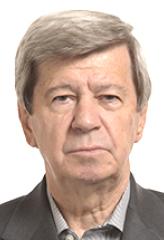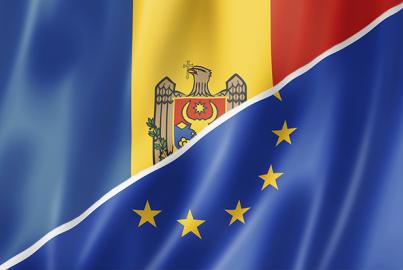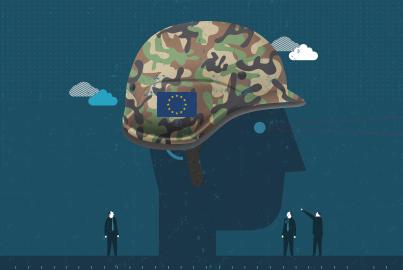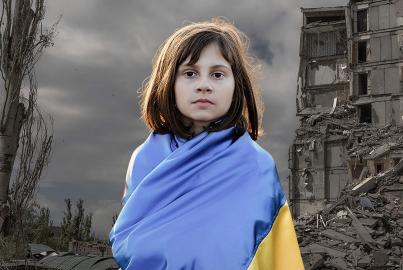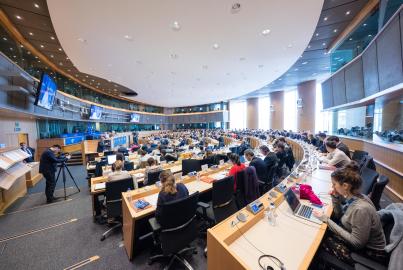Western Balkans should move faster towards the EU
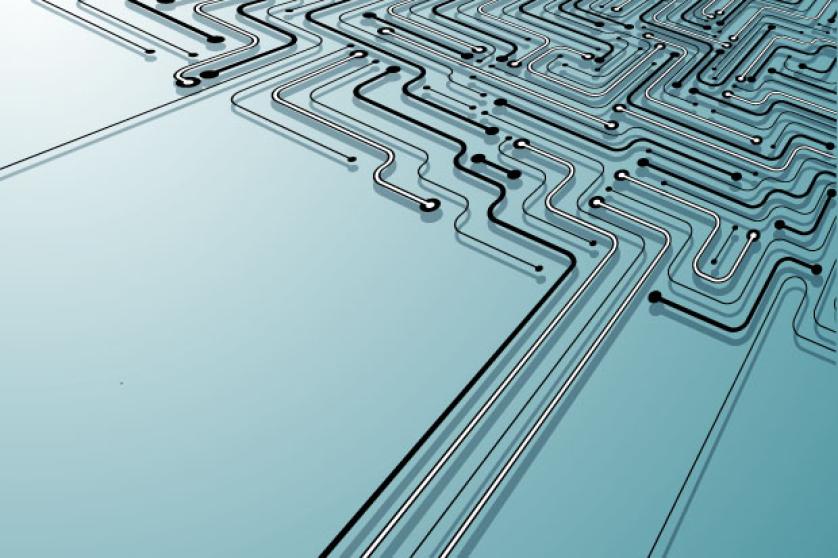
Enlargement strategy and regional cooperation were the main topics at the annual conference organised by the EPP Group in the European Parliament today.
Speaking to the political counterparts, the Chairman Joseph Daul said: "The EPP Group has proved that it is a strong supporter of the European integration process in the Balkans. Be assured that we are on your side to facilitate these reforms. By strengthening the institutions of your countries, carrying out electoral reforms, guaranteeing the proper functioning of Constitutional courts, improving the status of minorities, you are the first to benefit from this. Do not wait to accomplish the reforms. Accession to the European Union is not an end in itself. Instead, it is a beginning: a beginning which should be successful."
The Chairman of the EP bilateral delegation with Croatia, Gunnar Hökmark MEP, said: "The successful conclusion of Croatia's accession to the EU sends a strong signal to the other countries of the region: that the EU is open to everyone who complies with its rules. We need to capture the opportunities today because tomorrow will be too late. What we do has consequences for the future. Croatia’s accession is an achievement for the whole of Europe. Bilateral problems should stay bilateral and not to be an obstacle for other countries to become members."
For Suzana Grubješić, Deputy Prime Minister for European Integration of the Republic of Serbia, the enlargement fatigue could have reduced the appetite for accession. She said that that solidarity has not been sacrificed in the altar of austerity. More structural reforms are needed in Serbia to guarantee more compatibility with the acquis.
Majlinda Bregu, Minister for European Integration of the Republic of Albania, said that the EU perspective is inspiring for the respect for each other and for the neighbours. She emphasised that better strategies in communication between states and regions in the Balkans need to be developed as well as the commitment to Europe and to democracy. She said that fighting organised crime and corruption is the main priority for Albania.
Antonio Milošoski, Chair of the Foreign Committee of the Former Yugoslav Republic of Macedonia's Parliament and former Minister of Foreign Affairs, recalled that his country has long experience of being a candidate and that the status quo is not sustainable for Macedonia or for the EU. The country and the institutions are highly prepared to start negotiations; however the bilateral issues should not become an obstacle to accession. He confirmed that the Government in Skopje would like to see the involvement of the EC on resolving the name issue as was the case between Croatia and Slovenia.
Štefan Füle, European Commissioner for Enlargement and European Neighbourhood Policy, said that the momentum for enlargement is there and it is crucial to keep that momentum in 2013. The Commissioner stressed that the European Commission does not wish the bilateral issues to be imported into the EU and these should not endanger the accession process. He repeated that the Commission is in favour of the opening of negotiations with the Former Yugoslav Republic of Macedonia and Serbia.
"It is time to think about the future of the region. I am convinced that it is within an even stronger Union. To achieve this, we need to have strong commitment to the European agenda and credible partners in the region", said Eduard Kukan MEP, Chairman of the EP Delegation to the Western Balkans and former Foreign Minister of Slovakia.
Note to editors
The EPP Group is by far the largest political group in the European Parliament with 270 Members and 3 Croatian Observer Members.
<p>Among the keynote speakers were Suzana Grubješić, Deputy Prime Minister for European Integration of the Republic of Serbia, Majlinda Bregu, Minister for European Integration of the Republic of Albania, Antonio Milošoski, Chair of the Foreign Committee of the Former Yugoslav Republic of Macedonia's Parliament and former Minister of Foreign Affairs, Štefan Füle, European Commissioner for Enlargement and European Neighbourhood Policy, and Riccardo Migliori, Chairman of the OSCE Parliamentary Assembly. Leading the debate on behalf of the EPP Group were Joseph Daul MEP, Chairman, Gunnar Hökmark MEP, Vice-Chairman of the EPP Group, Chairman of the EPP Group Working Group on EU Enlargement, Neighbourhood Policy and Euronest, Elmar Brok MEP, Chairman of the Foreign Affairs Committee of the EP, Eduard Kukan MEP, Chairman of the EP Delegation for Relations with Albania, Bosnia and Herzegovina, Serbia, Montenegro and Kosovo, Doris Pack MEP, Chairwoman of the Culture and Education Committee of the EP, and MEPs Marietta Giannakou, György Schöpflin, Anna Ibrisagic, Salvatore Tatarella and Lojze Peterle.</p>
MEP Contacts
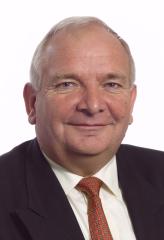
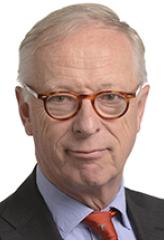
Press contacts
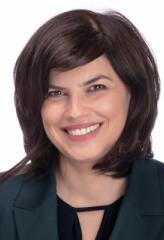
Delia VLASE
former staff member

Marek HANNIBAL
former staff member
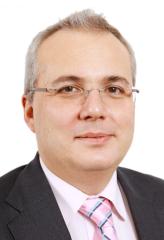
Press officer for Foreign Affairs and for Greece
Other related content
6 / 54
